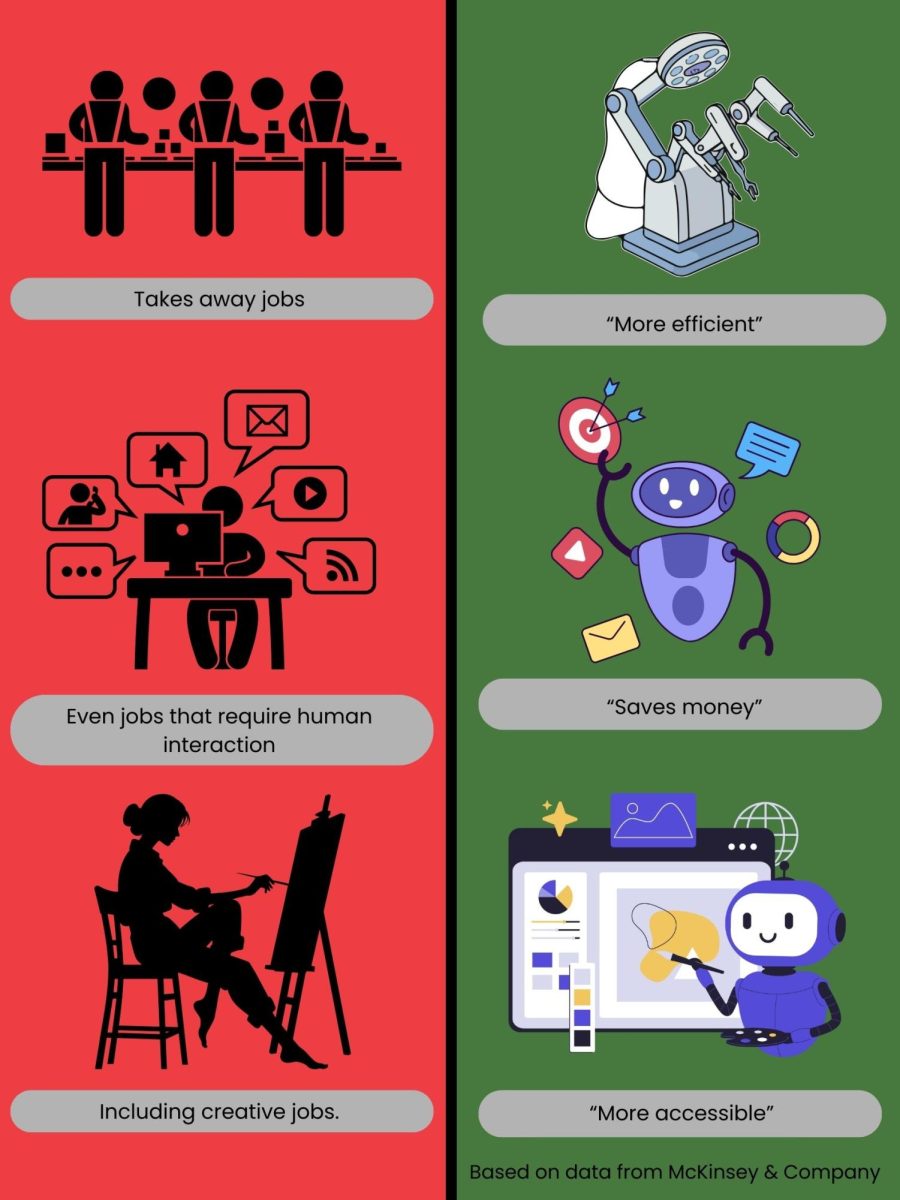In the age of technology, many learning materials, assignments and tests are reformatted digitally. While this may seem more convenient on the surface, it is actually a step backwards for teaching. Technology should have less of a place in schooling, as it causes more problems than it solves.
In a recent study, researchers looked into the difference of information retention based on how it was written down. Keita Umejima and Kuniyoshi L. Sakai from the Department of Basic Science, Graduate School of Arts and Sciences at the University of Tokyo designed the study, analyzed the data and wrote the manuscript. Takuya Ibaraki and Takahiro Yamazaki from NTT Data Institute of Management Consulting, Inc. contributed to the initial discussion. Umejima conducted the experiment. The study found when people wrote out things on paper, they retained and recalled the information better than those who recorded the same information digitally. This supports the idea that having students do their homework and write notes on paper will be more beneficial for memorization. They will have better retention of information and be able to recall things better on tests.
Taking tests digitally has the potential to cause many problems. Any internet or device issues can prevent students from completing the test, throwing off a teacher’s entire schedule. For example, if students spend an entire class period trying to troubleshoot technology issues, teachers will need to build in another day for testing. Furthermore, it creates heightened stress for students, who may feel anxious about the time they are losing trying to get into the test. When testing on paper, there is no way for this to happen.
It is significantly easier to prevent cheating on paper tests than digital ones. With digital tests, the best you can do is monitor your classroom and turn on lockdown browsers. However, these browsers are not foolproof, and whether by malfunction or deliberate tampering, students have gotten past them. Some students use personal devices, which further increases difficulty in getting these browsers to work. Paper testing is much easier: No browsers need to be installed, and there is no way for a student to use their testing device for cheating purposes.
One might argue that testing online is better due to things like students’ handwriting or unclear answers. However, it is a crucial life skill for students to be able to handwrite and clearly mark answers. If they cannot clearly mark an answer, how will they vote in the future? If they cannot write clearly by hand, how are they supposed to fill out important forms and paperwork, like at the doctor or in legal situations? These are crucial skills students must learn now, and by giving them the crutch of all electronic work and testing, they will not.
Although our world is largely going digital, there is great value in working with paper and pencil. It can be faster, better for retention and overall cause less issues out of one’s control. In this case, let’s rewind back to the good old days and put pencil to paper.









